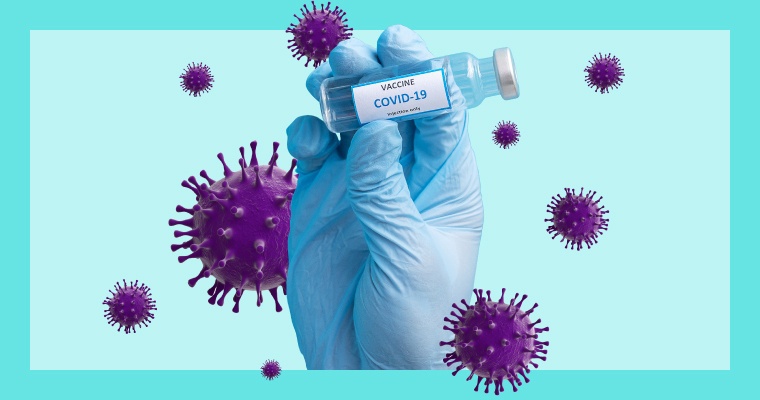
As the Covid-19 vaccine program is well underway, there are still some common myths to bust and hopefully our handy guide will help.
Myth 1: The vaccines aren’t safe because they were developed quickly
Whilst it’s true the vaccines have been developed quickly, this is not because any important or safety-related corners were cut.
Part of the reason why the process was so fast was that the vaccine technology used to make COVID-19 vaccines isn’t totally new. Also, scientists have been able to draw on their knowledge of other coronaviruses that they have studied in the past.
Alongside this, everyone involved in the process worked really hard and collaboratively. This meant clinical trials could happen quickly and safely, leading to faster approval of the vaccines.
Once a vaccine is developed, it can take a long time to recruit volunteers and see how well the vaccine works. In this case, tens of thousands of volunteers came forward straight away and, due to high rates of COVID-19 in the population, it didn’t take long to see that the vaccines were effective.
Myth 2: We don’t need the vaccine because the recovery rate from COVID-19 is high and natural immunity is better
Whilst it’s true that most people who get COVID-19 don’t become seriously sick, this still means that a lot of people do, and many have died.
Older people are more likely to become seriously sick, but some younger people do too. There’s no way to know how you will respond to the virus.
We don’t yet know how long you might be naturally immune if you get sick and then recover from COVID-19. We also don’t know how long you might be immune after you’ve had the vaccine. Vaccines can give different levels of protection compared with natural immunity. But we need more research to fully understand this.1,2,3
The safest way to get protected from COVID-19 is to have the vaccine if it is offered to you.
Myth 3: You can get COVID-19 from the vaccines
No, this isn‘t possible because the vaccines do not include live COVID-19 virus.
There are different types of vaccine available. They all work by training our immune system to recognise the COVID-19 virus and fight it. You can find out more about the different vaccine types here.
Myth 4: The COVID-19 vaccines will alter your DNA
None of the vaccines alter your DNA.4
Two of the vaccines - the Pfizer mRNA vaccine and the Moderna vaccine - use a new technology, which is why this myth sometimes comes up. This vaccine works by giving your cells a set of instructions for how to make a new bit of the COVID-19 virus, called the spike protein.
Your immune system then spots the spike protein as something foreign in the body and starts an immune response against it. mRNA never enters the nucleus, where your own DNA is.
A great thing about mRNA vaccines is that they don’t contain any live parts of COVID-19 and can be produced quickly in a lab.
Myth 5: I already had COVID-19 and I have recovered, so I don't need to get a COVID-19 vaccine when it's available
Unfortunately, re-infection with COVID-19 is possible. So, if you’ve had COVID-19 and are offered the vaccine, doctors still recommend you to take it. We still don’t know how long you are protected against COVID-19 after having been sick and recovered from the infection. This ‘natural immunity’ is likely to vary between people.4
Scientists are monitoring this closely and in time we will know more about how long both natural and vaccine mediated immunity lasts.
Myth 6: The COVID-19 vaccines cause severe symptoms in most people
Like any vaccine, the COVID-19 vaccine can cause side effects, but most are mild and short-term. The most common side effects include:5,6,7
- A painful or tender arm for a couple of days, where the vaccine was injected
- Feeling tired
- Having a headache
- Some muscle aches
These side effects don’t usually last more than a few days to a week. If you need to, you can take a painkiller such as paracetamol to relieve any side effects.
Between 1 and 3 in 10 people get a slight fever after vaccination. Keep in mind that a high fever could mean you have another infection or have COVID-19 that you caught before or around the time of the vaccination, before the vaccine had time to kick in. Some people have more severe side effects that affect their ability to do normal daily activities. If you feel unwell or are worried, it is a good idea to speak to a healthcare professional about it.
A small number of people have had a severe allergic reaction after getting the COVID-19 vaccine. This is called anaphylaxis. This is a very rare side effect which usually happens within the first 15 minutes of getting the vaccine. For this reason, when you have the vaccine you will be asked to stay nearby. The healthcare professionals who give the injections know how to manage anaphylaxis.
Concerns have been raised about the potential for blood clots following vaccination with the Oxford/AstraZeneca COVID-19 vaccine. These reports are still under investigation, but it is recommended that another COVID-19 vaccine is used for people under 30 without other health conditions in the meantime. More information can be found here.
You can report suspected side effects of vaccines online through the Yellow Card Scheme or by downloading the Yellow Card Scheme app.
Myth 7: I will always test positive for COVID-19 after being vaccinated
There are two different types of COVID-19 tests used at the moment.
One type of test is used to find out if you currently have the virus (such as an antigen or PCR test). The COVID-19 vaccines will not give you a positive result with this type of test, as it only assesses whether you currently have COVID-19.
The other type of COVID-19 test, known as an antibody test, shows whether you have been infected with the virus in the past
A positive antibody test means that your immune system responded to the virus when you were sick. An immune response gives you at least some level of protection against COVID-19. Because the aim of the COVID-19 vaccination is to trigger an immune response to prevent you getting infected with the virus, it is possible that you may have a positive antibody test.4 However, experts are still exploring how the COVID-19 vaccination will affect this type of test result.
Beyond Radio's Bryan Griffin recently produced a radio program around his experience of having his Covid19 vaccine, You'll find the show here: Happy Talk with Bryan Griffin - 2021-04-15 20:00:00 (autopod.xyz)
References
- The Independent. 2021. Why A Coronavirus Vaccine May Provide Better Immunity Than Infection. [online]; [Accessed 12 January 2021].
- Nytimes.com. 2021. ‘Natural Immunity’ From Covid Is Not Safer Than A Vaccine. [online]; [Accessed 12 January 2021].
- Jeyanathan, M., Afkhami, S., Smaill, F. et al. Immunological considerations for COVID-19 vaccine strategies. Nat Rev Immunol 20, 615–632 (2020).
- Centers for Disease Control and Prevention. 2021. COVID-19 And Your Health. [online]; [Accessed 12 January 2021].
- GOV.UK. 2021. Information For Healthcare Professionals On Pfizer/Biontech COVID-19 Vaccine. [online]; [Accessed 12 January 2021].
- GOV.UK. 2021. Information For Healthcare Professionals On COVID-19 Vaccine Astrazeneca. [online]; [Accessed 12 January 2021].
- GOV.UK. 2021. Information For UK Recipients On COVID-19 Vaccine Moderna. [online]; [Accessed 12 January 2021].
Story provided by Babylon Health, please see their website: https://www.babylonhealth.com/



 Lancaster to Barrow trains to run again after derailment
Lancaster to Barrow trains to run again after derailment
 Morecambe chief exec to depart the Shrimps in the summer
Morecambe chief exec to depart the Shrimps in the summer
 Controversial Frontierland plans would have left Morecambe Town Council with 'critically low' reserves
Controversial Frontierland plans would have left Morecambe Town Council with 'critically low' reserves
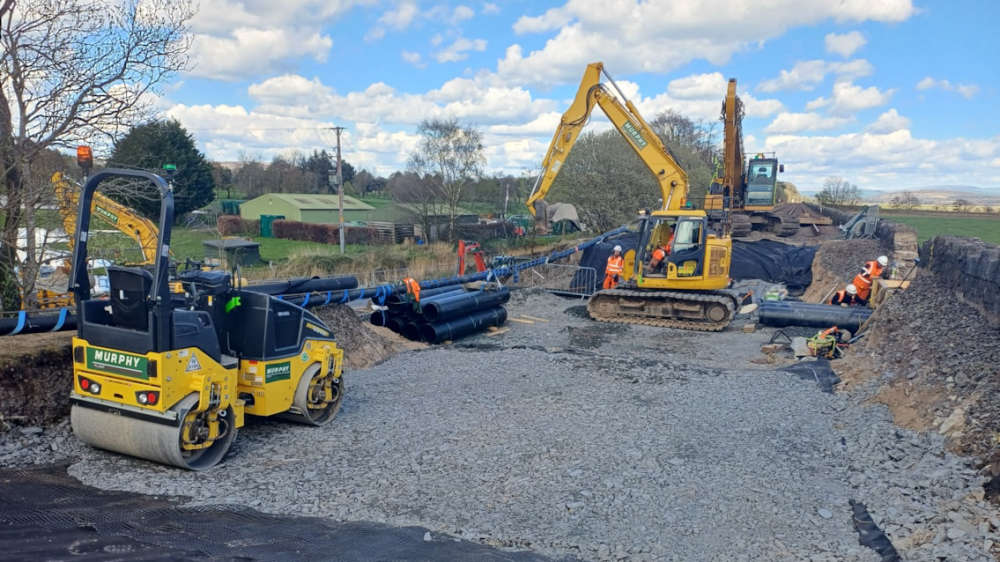 'Significant progress' as repair work continues after Lancaster-Barrow train came off tracks
'Significant progress' as repair work continues after Lancaster-Barrow train came off tracks
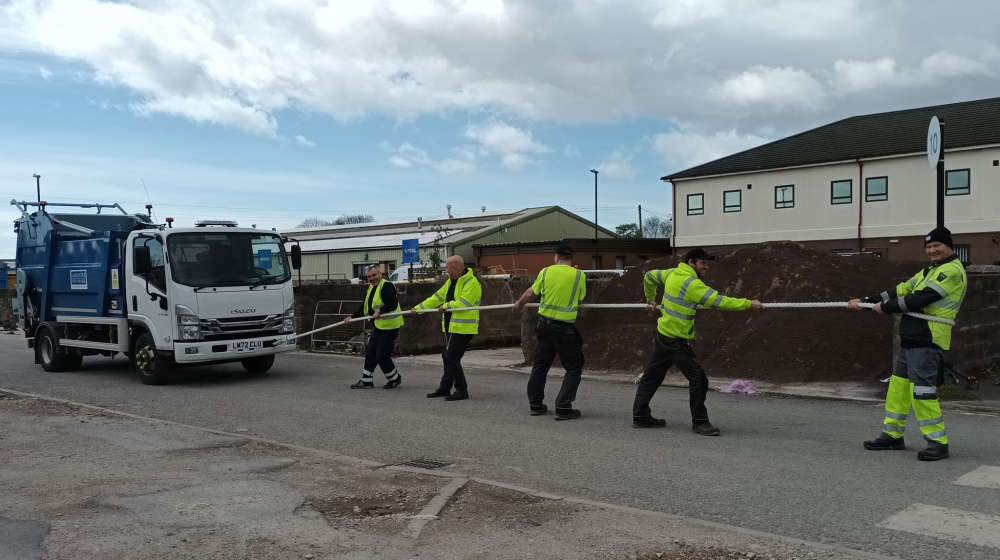 Council teams go head-to-head to pull seven-and-a-half tonne truck in Lancaster
Council teams go head-to-head to pull seven-and-a-half tonne truck in Lancaster
 Morecambe artist returns to exhibit at 'Olympics of art world' in Venice
Morecambe artist returns to exhibit at 'Olympics of art world' in Venice
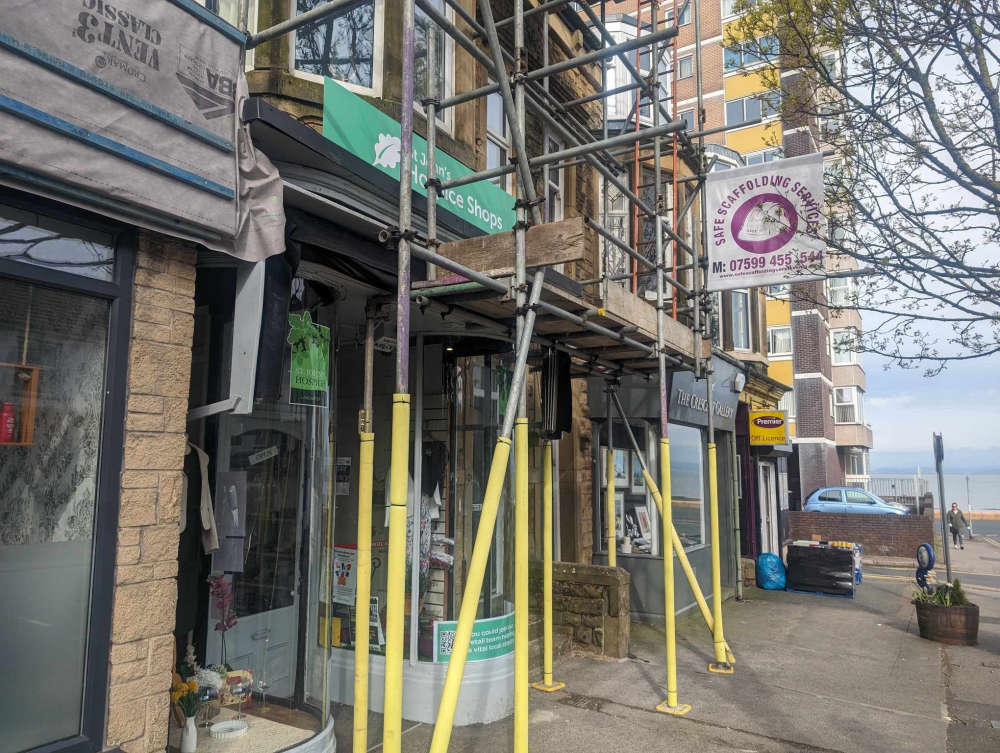 Appeal after break-in attempt at hospice shop in Morecambe
Appeal after break-in attempt at hospice shop in Morecambe
 'Increasingly concerned' police renew appeal to find man who went missing in Morecambe
'Increasingly concerned' police renew appeal to find man who went missing in Morecambe
 West End Festival announces return in 2024
West End Festival announces return in 2024
 INTERVIEW: Drummer shares his music memories from Simply Red stardom to glorious Morecambe sunsets
INTERVIEW: Drummer shares his music memories from Simply Red stardom to glorious Morecambe sunsets
 Celebrate Earth Day in Lancaster district
Celebrate Earth Day in Lancaster district
 INTERVIEW: How the Prince's Trust is helping young people in Lancaster and Morecambe
INTERVIEW: How the Prince's Trust is helping young people in Lancaster and Morecambe
 Woman rescued near Morecambe Promenade as lifeboat called out three times in a day
Woman rescued near Morecambe Promenade as lifeboat called out three times in a day
 Firefighters called to house fire in Morecambe
Firefighters called to house fire in Morecambe
 Human remains found near Silverdale included 'skull believed to be male'
Human remains found near Silverdale included 'skull believed to be male'
 Lancaster City Council secures more than £750,000 from government towards Supa Skips clean up
Lancaster City Council secures more than £750,000 from government towards Supa Skips clean up
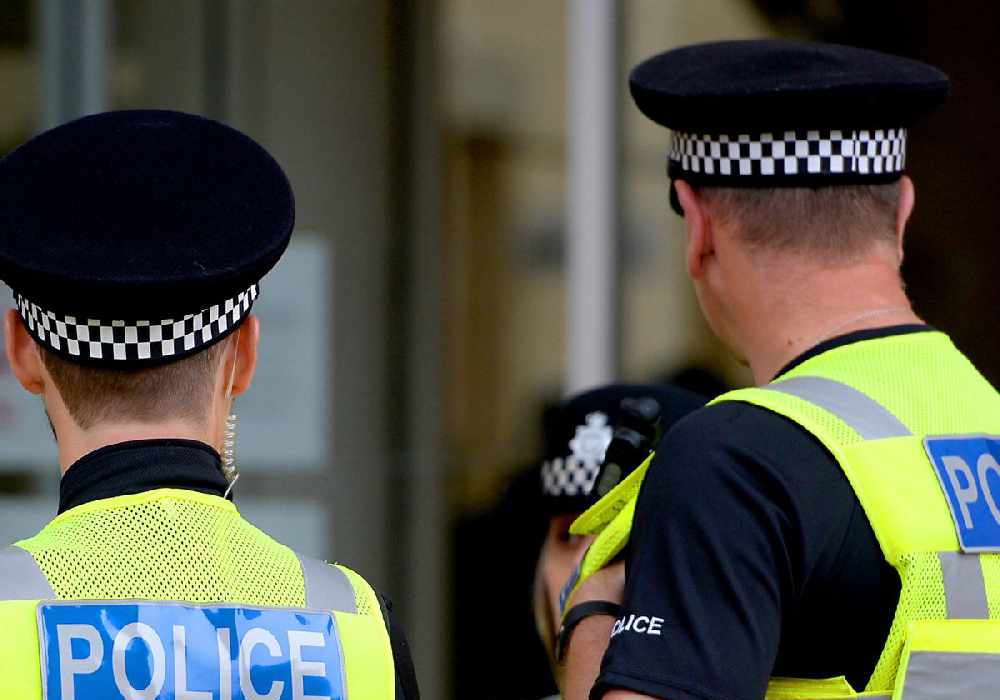 Man suffers serious facial injury in ‘vicious attack’ by man ‘in possession of knuckledusters’
Man suffers serious facial injury in ‘vicious attack’ by man ‘in possession of knuckledusters’
 INTERVIEW: Morecambe antiques dealer moves to new home in Lancaster city centre
INTERVIEW: Morecambe antiques dealer moves to new home in Lancaster city centre
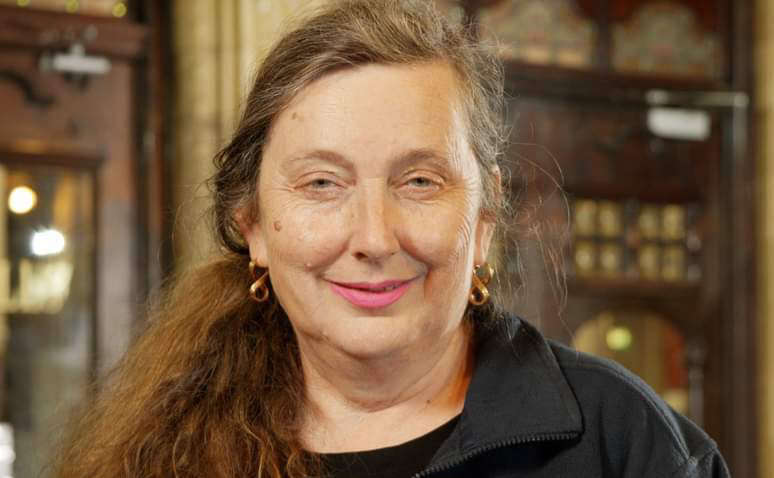 Morecambe Winter Gardens advertise new paid roles for ‘People’s Palace’
Morecambe Winter Gardens advertise new paid roles for ‘People’s Palace’
 Morecambe and Lancaster arts groups receive award nomination for school vaccination project
Morecambe and Lancaster arts groups receive award nomination for school vaccination project




